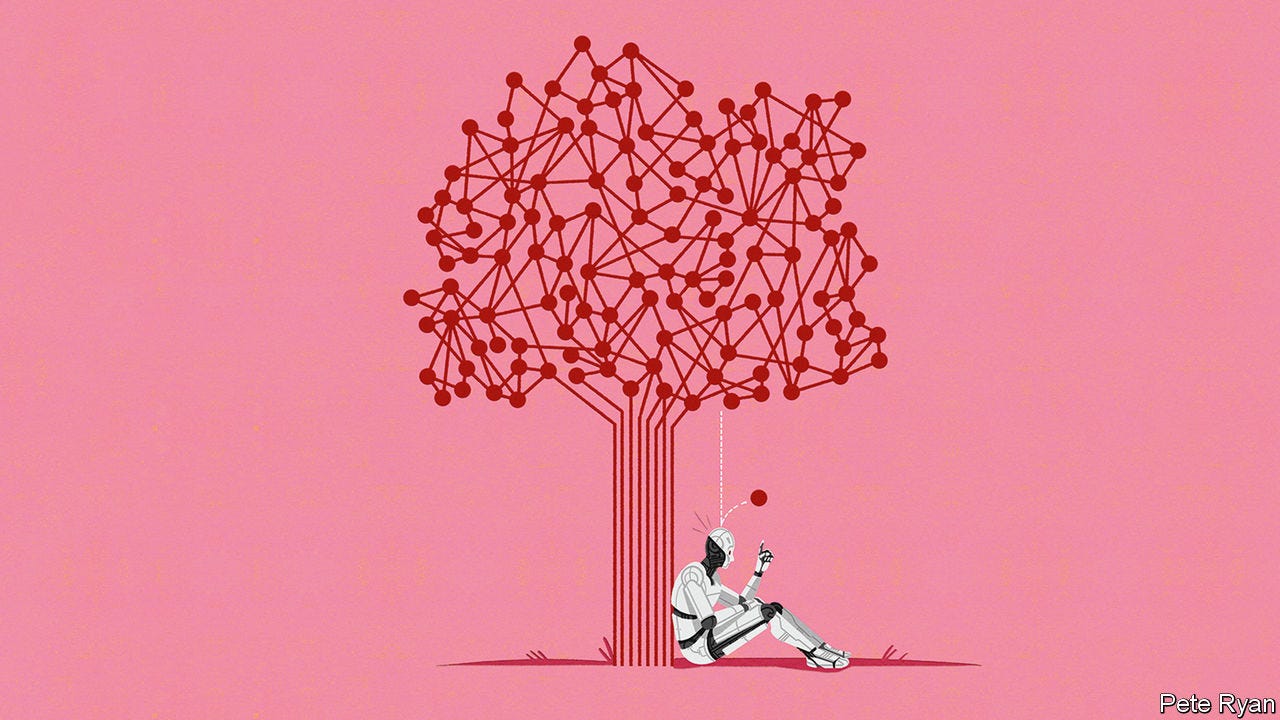the health strategist
institute & knowledge platform
institute & knowledge platform for
health transformation
and digital health strategy
Joaquim Cardoso MSc.
Chief Research and Strategy Officer (CRSO),
Chief Editor and
Independent Senior Advisor
What is the message?
Artificial intelligence (AI) has the potential to revolutionize science by accelerating the pace of scientific discovery in various fields, including medicine, climate science, and green technology.
- AI tools and techniques are already being applied in scientific research, such as identifying new candidates for analysis, sifting through large datasets, modeling complex systems, and even suggesting new hypotheses and experiments.
- It is of high importance the use of interdisciplinary work and the potential for AI to foster innovation at the boundaries between fields.
However, the main barrier to this transformation is the willingness and ability of human scientists to embrace and use AI tools effectively.

One page summary
In “How Artificial Intelligence Can Revolutionize Science,” published in The Economist on September 13, 2023, the central message revolves around the transformative potential of artificial intelligence (AI) in the realm of scientific discovery.
While debates about AI often center on concerns such as algorithmic bias, job displacement, and existential threats, the article shifts the focus to the remarkable rewards that AI could offer humanity, especially in fields like medicine, climate science, and green technology.
The article acknowledges that some view AI as a powerful tool capable of significantly accelerating scientific progress and ushering in a new golden age of discovery.
Figures like Demis Hassabis and Yann LeCun are proponents of this idea, arguing that AI can turbocharge scientific advancement.
However, this vision is not without skepticism, and the article wisely cautions against treating AI as a panacea, drawing parallels to historical instances where technological breakthroughs did not fulfill their lofty promises.
Throughout history, pivotal advancements were marked by new tools and approaches that facilitated scientific exploration and innovation.
For instance, in the 17th century, the advent of microscopes and telescopes transformed how researchers perceived the world and encouraged empirical observation. Scientific journals provided platforms for sharing findings, leading to rapid progress in fields like astronomy and physics.
The late 19th century witnessed the establishment of research laboratories, fostering interdisciplinary collaboration and yielding innovations like artificial fertilizers and the transistor, a fundamental component of computers.
Computers, introduced in the mid-20th century, enabled new scientific paradigms based on simulation and modeling, influencing fields ranging from aviation to weather forecasting.
The article points out that AI is now being applied across various scientific domains, with varying degrees of adoption.
AI’s versatility enables it to identify potential research candidates, sift through massive datasets, and model complex systems.
Notable achievements include the discovery of new antibiotics, the identification of the Higgs boson, and even distinguishing regional accents in wolves.
The article posits that AI’s potential to revolutionize scientific practice rests on two promising areas:
- “literature-based discovery” (LBD) and
- “robot scientists.”
LBD involves mining existing scientific literature to uncover new hypotheses, connections, or ideas that human researchers may have missed.
It has the potential to stimulate interdisciplinary work and predict future discoveries.
Robot scientists, on the other hand, utilize AI to formulate hypotheses, perform thousands of experiments, and explore uncharted research avenues.
Unlike humans, these machines are unbiased and easily replicable, scaling up experimental research.
While the technical feasibility of AI-driven scientific transformation is evident, the article recognizes that the primary obstacle is sociological.
It hinges on the willingness of human scientists to embrace AI tools, which requires skill and training. The article, however, offers hope, noting that AI tools are gaining acceptance across various scientific domains.

To facilitate this transformation, the article suggests that governments and funding bodies should promote common standards for AI systems to exchange and interpret laboratory data.
Additionally, they should invest in research that explores the integration of AI with laboratory robotics, beyond language-based AI systems like Chat GPT.
Such efforts may involve exploring alternative forms of AI, such as model-based machine learning, which may be better suited for scientific tasks like hypothesis formulation.
In conclusion, “How Artificial Intelligence Can Revolutionize Science” underscores the remarkable potential of AI in reshaping scientific discovery and innovation across diverse fields.
It acknowledges historical precedents where new tools catalyzed scientific progress and highlights the two promising areas of literature-based discovery and robot scientists.
While acknowledging sociological barriers, the article calls for support and investment in AI research to realize the vision of a transformative era in science.
This is a one page summary of the article “How artificial intelligence can revolutionise science”, published by The Economist.
Originally published at https://www.economist.com on September 14, 2023.
Names mentioned
Demis Hassabis and Yann LeCun












